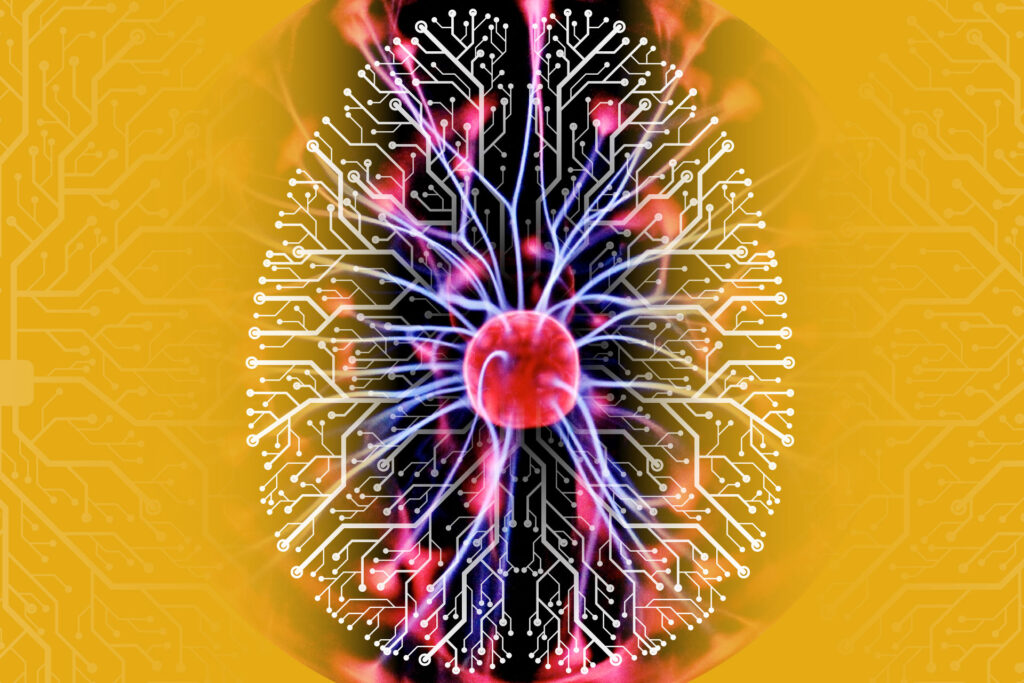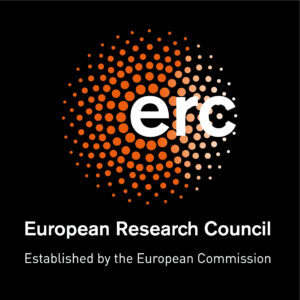Braintime
How does the adolescent brain develop over time?

One of the main challenges of developmental cognitive neuroscience studies is to track changes in brain and behavior longitudinally. In the Braintime study we investigate developmental changes in childhood, adolescence, and emerging adulthood in three domains: cognitive control, impulse regulation, and social-emotional functions.
Braintime is a unique longitudinal study that combines different MRI modalities, hormone data, behavioral experiments, and questionnaires to study behavioral and neural changes from childhood to adolescence and has been one of the first studies to take this approach. Participants were aged 8 – 25 years at the first measurement wave in 2011.
The Braintime participants are currently young adults, which provides important opportunities for assessing how their development relates to outcomes in adulthood. Therefore, an additional data collection wave in 2022-2023 is currently in the works by means of an online survey and lab MRI visit, which will mainly focus on the relation between neurodevelopmental and behavioral trajectories and wellbeing later in life.
Interested in collaborating? A link to a meta-data file, describing all the Braintime measures can be found here. For collaborations, you can contact Kayla Green: green@essb.eur.nl.
All peer-reviewed publications from the Braintime project can be found here (sort by project Braintime).
This project was supported by an Innovative Ideas Grant from the European Research Council (ERC) and the Spinoza Prize, awarded to Eveline Crone, and a VENI grant from the Dutch Research Council (NWO), awarded to Jiska Peper.


Related publications
Contact
Erasmus University Rotterdam
Mandeville Building T13
Burgemeester Oudlaan 50
3062 PA Rotterdam, the Netherlands


